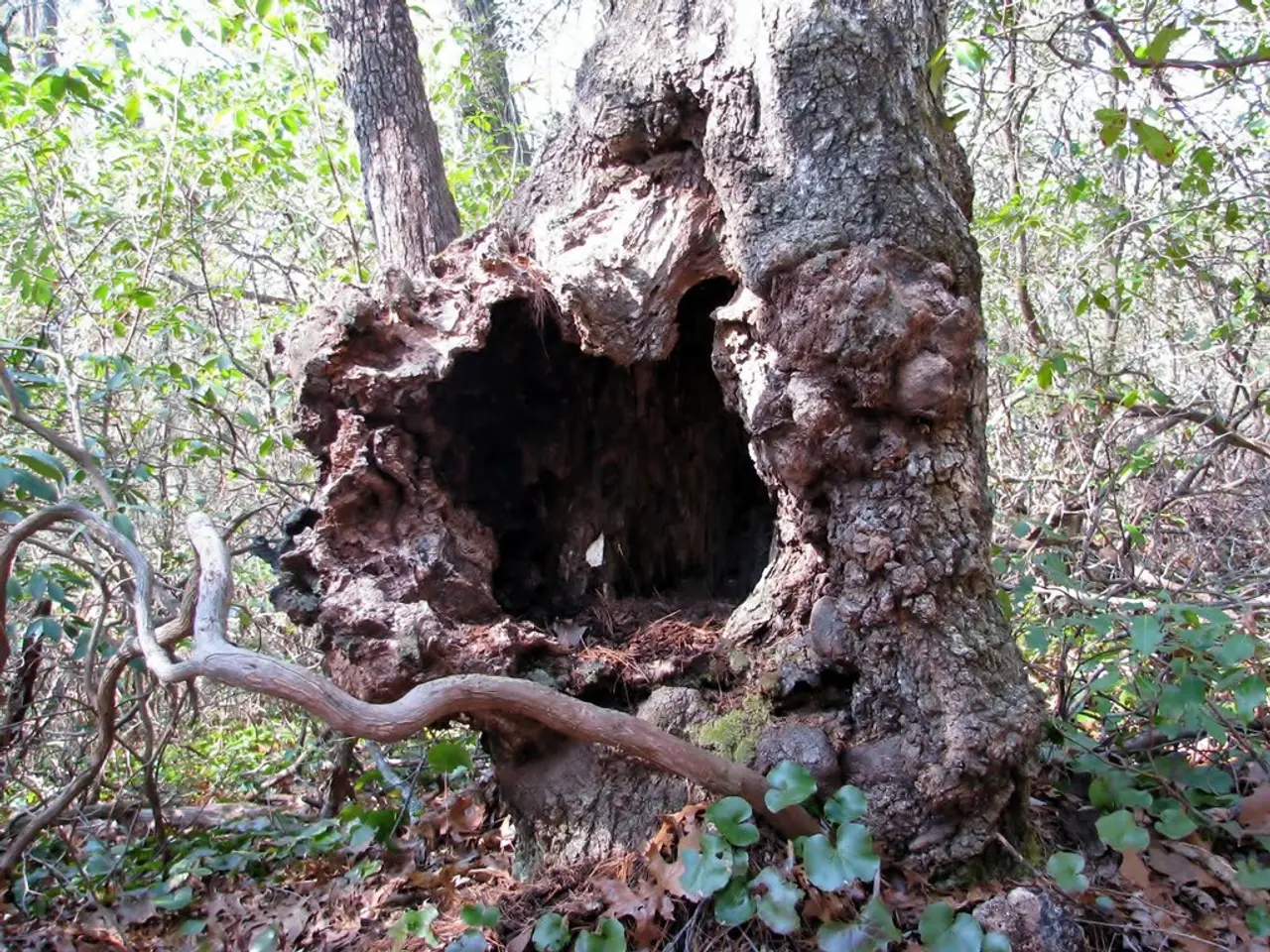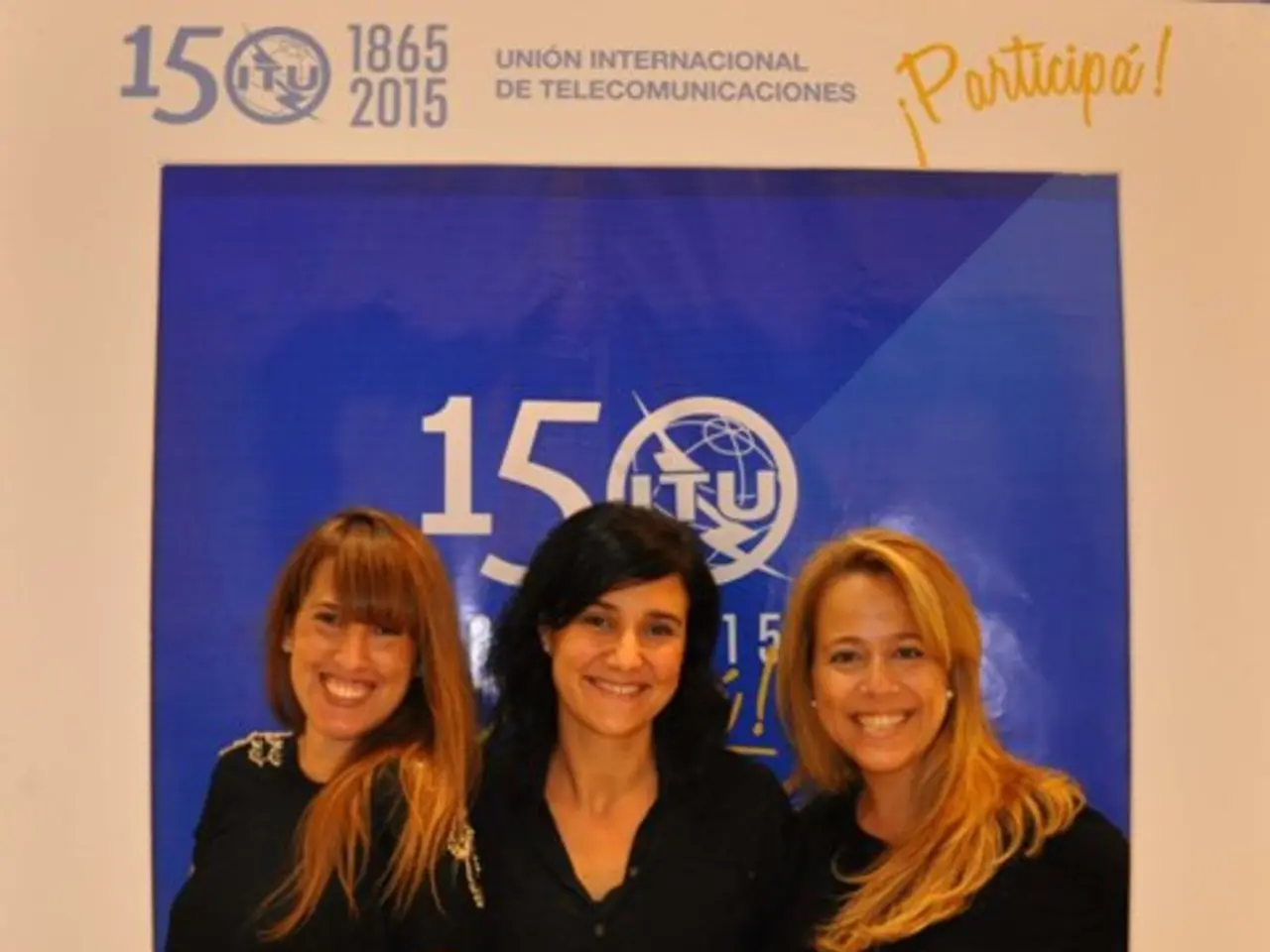Forest Management Organization Resumes Review of Corrective Actions Taken by Asia Pulp & Paper Regarding Environmental Concerns
FSC Resumes Remedy Process for Asia Pulp & Paper (APP)
The Forest Stewardship Council (FSC) has decided to resume the remedy process for Asia Pulp & Paper (APP), a move that prioritizes timely accountability and access to remedy for past environmental and social harms.
The decision comes after a careful review, which followed the FSC Remedy Forum in Jakarta, and "meaningful exchanges" with APP. The FSC emphasized that remedy is a multi-stage, corrective process aimed at accountability and lasting change, not a certification or forgiveness.
The suspension of the remedy process, which began in January 2021, was a precautionary step triggered by changes in APP’s beneficial ownership that raised questions about the scope of APP’s obligations, especially given ties to the FSC-certified Paper Excellence group. However, FSC commissioned an independent legal review, which is still ongoing, and made clear that the obligation to remedy is unaffected by the ownership changes.
Environmental campaign groups, including Greenpeace and others, have strongly criticized FSC’s decision to lift the suspension. They argue it is premature, potentially enabling greenwashing by APP, and that the decision bypasses FSC’s own policies. Critics contend that FSC has not fully concluded investigations into the extent of APP’s corporate ties and that affected communities’ views—reporting ongoing land conflicts and intimidation—were misrepresented by FSC.
The FSC, however, has taken steps to address these concerns. They are actively working with APP to ensure that affected communities can engage meaningfully and safely in the process, including through the establishment of a formal stakeholder body to guide and monitor its implementation.
APP has been involved in hundreds of land conflicts with local communities and has been sued over links to transboundary haze air pollution. According to NGOs, ongoing land conflicts and intimidation by companies under APP's control have been cited during the FSC Remedy Review.
The collective of 13 non-governmental organizations issued a statement on July 24, 2021, to denounce FSC's decision to re-start the remedy process before finishing the legal review. They have called for improved oversight over the remedy process for APP and demanded that FSC concludes its investigation and revokes Domtar's certificates until APP fulfills its pledge to end deforestation and community exploitation.
APP's chief sustainability officer, Elim Sritaba, stated that the potential cost of remedy for the company would not be possible to determine until baseline assessments are made. The cost of remediation could be significant, given that APP has cleared more than 2 million hectares of forest in Sumatra and Kalimantan over its 40-year history, according to activists.
The news emerges in the same month that the European Union Deforestation Regulation is under discussion, which could impact companies like APP and APRIL. It is worth noting that APP was stripped of FSC certification in 2007 due to destructive forestry practices.
Conflict of interest at FSC is an ongoing concern for NGOs, which voiced concern over the organization’s appointment of a legal firm used by Domtar to investigate the same firm's potential ties to APP. FSC's former boss, Kim Carstensen, was also hired by Asia Pacific Resources International Limited (APRIL), APP’s rival, which is also seeking re-certification after being banned in 2013.
Despite these concerns, the FSC remains committed to ensuring that companies meet their environmental and social responsibilities. The resumption of the remedy process for APP is a crucial first step for the company to be re-certified by FSC, the world’s best-known ethical wood products label.
[1] Forest Stewardship Council (FSC) website: https://www.fsc.org/ [2] Greenpeace website: https://www.greenpeace.org/ [3] Rainforest Action Network (RAN) website: https://www.ran.org/ [4] WWF website: https://www.wwf.org/
- The FSC's decision to resume the remedy process for Asia Pulp & Paper (APP) emphasizes the importance of timely accountability and access to remedy for past environmental and social harms, as part of a multi-stage, corrective process aimed at accountability and lasting change.
- Critics argue that the FSC's decision to lift the suspension is premature, potentially enabling greenwashing by APP, and bypasses FSC’s own policies, citing ongoing concerns about company ties, land conflicts, and intimidation by APP-affiliated companies.
- The FSC is addressing these concerns by actively working with APP to ensure that affected communities can engage meaningfully and safely in the remedy process, including through the establishment of a formal stakeholder body.
- APP's chief sustainability officer acknowledges the potential cost of remedy for the company could be significant, given its history of clearing over 2 million hectares of forest in Sumatra and Kalimantan.
- The ongoing discussion of the European Union Deforestation Regulation further highlights the importance of corporate responsibility in the industry, particularly for companies like APP, which has been stripped of FSC certification due to destructive forestry practices in the past.
- Despite concerns about conflict of interest, the FSC remains dedicated to ensuring companies meet their environmental and social responsibilities, with the resumption of the remedy process for APP serving as a crucial step for the company to be re-certified by FSC, considered the world’s best-known ethical wood products label.




